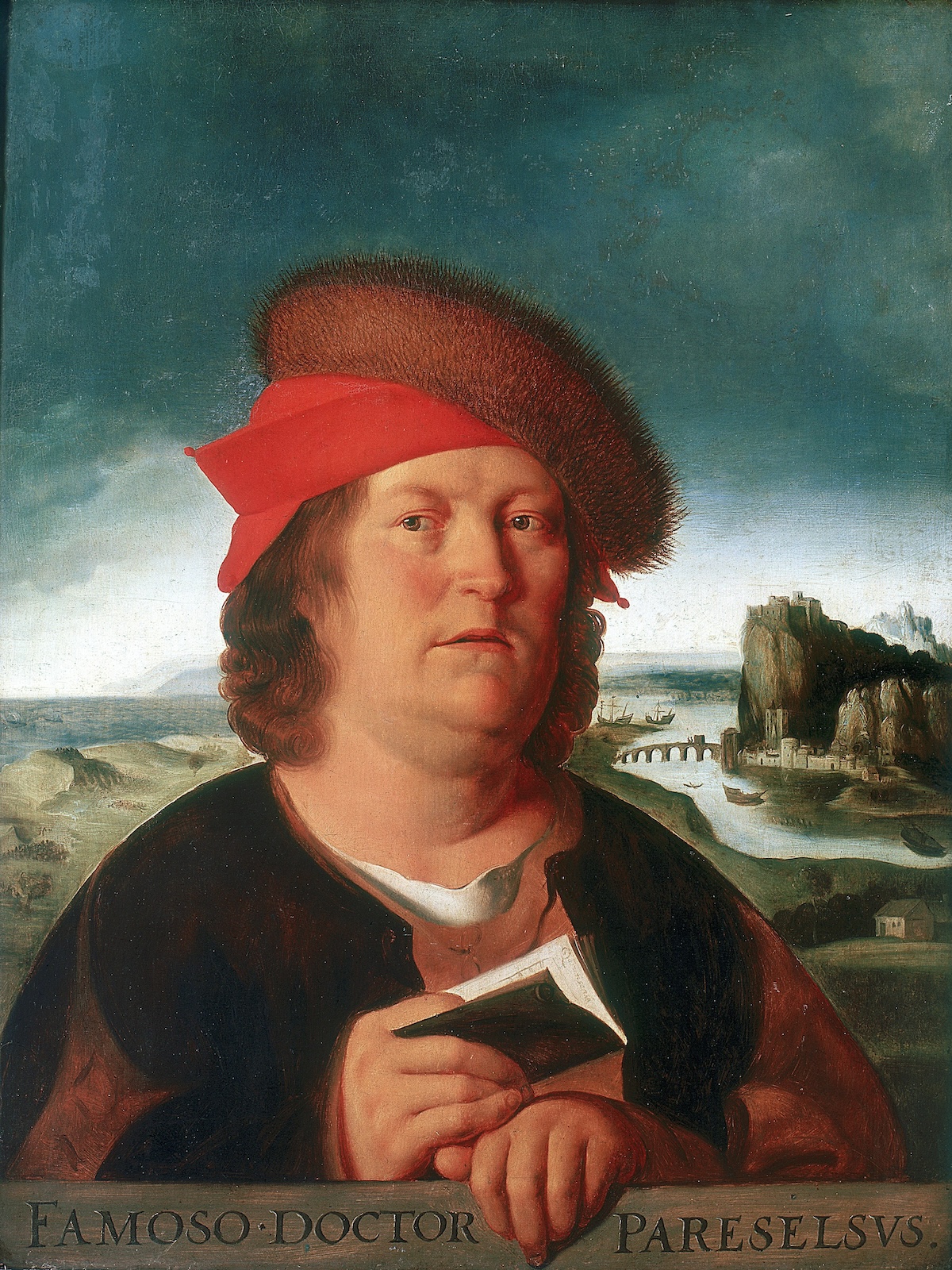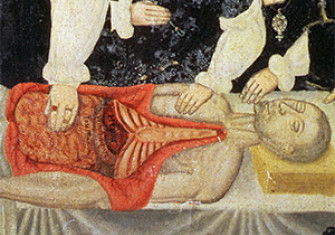Paracelsus: Revolutionary or Mystic?
An enfant terrible shook up Renaissance medicine by denouncing experts and debunking accepted wisdom. Was Paracelsus as radical as he seemed?

Thanks to Joseph Goebbels, the film director Georg Wilhelm Pabst luxuriated in a massive budget for the dramatised documentary he shot in occupied Prague during the autumn of 1942. Commissioned to celebrate the long history of Germanic culture, its central character was a 16th-century demagogue, a revisionary doctor who toured the country inciting enthusiastic crowds to dispense with conventional practices and adopt his own inspiring visions for a utopian future.
The starring role was played by Werner Krauss, a fine actor but also a fervent Nazi supporter. Bearing only a loose relationship to historical fact, the plot revolved around attempts to ward off an infectious plague – or, metaphorically, to cleanse society of undesirable parasites. A clear piece of propaganda, Pabst’s Paracelsus was a box-office flop, although – in contrast with Krauss – the director managed to salvage his reputation after the Third Reich collapsed.







